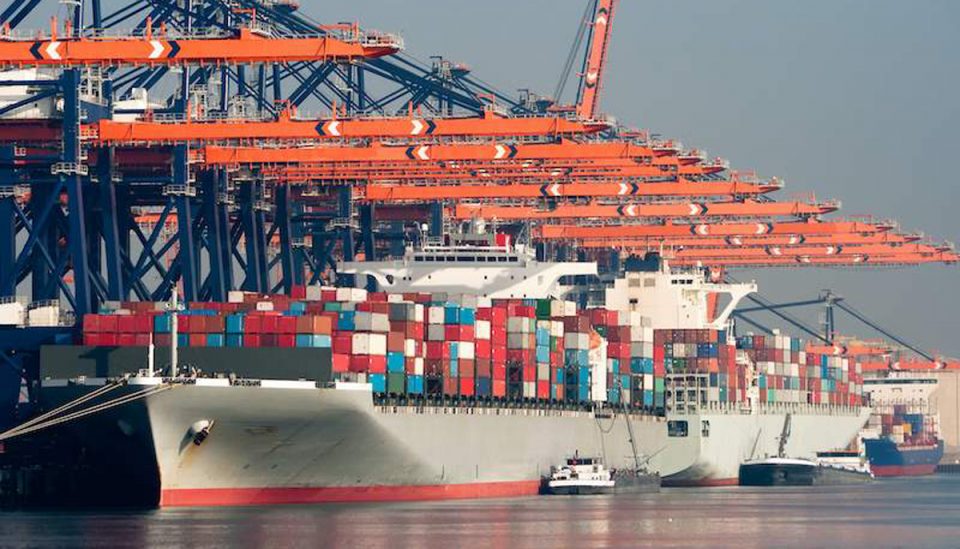The National Secretary, Maritime Researchers and Authors Association of Nigeria, Ajanonwu Okechukwu, has said the maritime industry puts indigenous players at a disadvantage.
Ajanonwu in a chat with selected journalists in Apapa on Tuesday said that most of the freight forwarding jobs in Nigeria are now done by foreigners.
“The indigenous people of Nigeria are losing out. Watch the current trade in the port industry today. All terminal operators are fencing agents out of the ports with barbed wires and the stringent condition that requires access card before an agent can enter any of the terminals. This means that about 70 per cent of the agents cannot enter the terminals because they don’t have Form C 30 and are therefore not qualified for access cards.”
Ajanonwu, who is also the Western Zone coordinator of the Association of Registered Freight Forwarders of Nigeria, said that the auto policy by the Federal Government did not favour indigenous players.
“Have you given a serious thought to why Nigerian maritime trade is the worst victim of the Federal Government’s policy from 2015 to date? It started with the auto policy of 2013 where the so-called vehicle assembly plants were to bring in completely knocked down parts at 20 per cent duty rate while indigenous importers were to pay 35 per cent. So, that policy favoured foreigners more than the indigenous people of Nigeria. That policy boomed smuggling a lot.”
He noted that the country had lost about 10.5m twenty-foot equivalent units between 2014 and 2022.
Ajanonwu said that the figure showed there was a deliberate policy to kill the Nigerian trade industry.
“Compare the highest cargo throughput which stood at 14 million ton equivalent units in 2014 with the present 3.5 million TEU in 2022. You will agree with me that there is a deliberate policy to kill the Nigerian trade industry. Today, 80 per cent of Nigerian trade is in the hands of foreigners.”
He said that the Vehicle Identification Number used for the valuation of imported vehicles had no place in the valuation principles of any trading nation.
According to him, “Take a look at the Vehicle Identification Number policy – a policy that has no place in the valuation principles of any trading nation. It violates Act 20 of 2003, which is the legal valuation principle presented to the World Trade Organization by the Nigeria Customs Service in 2007,” he added.




